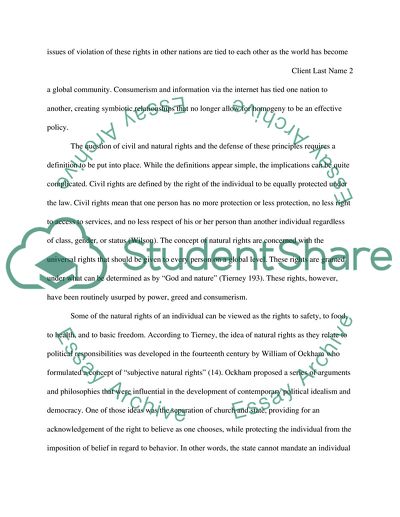Cite this document
(Defense of Human Civil and Natural Rights Research Paper, n.d.)
Defense of Human Civil and Natural Rights Research Paper. Retrieved from https://studentshare.org/law/1737460-should-others-defend-your-natural-and-civil-rights
Defense of Human Civil and Natural Rights Research Paper. Retrieved from https://studentshare.org/law/1737460-should-others-defend-your-natural-and-civil-rights
(Defense of Human Civil and Natural Rights Research Paper)
Defense of Human Civil and Natural Rights Research Paper. https://studentshare.org/law/1737460-should-others-defend-your-natural-and-civil-rights.
Defense of Human Civil and Natural Rights Research Paper. https://studentshare.org/law/1737460-should-others-defend-your-natural-and-civil-rights.
“Defense of Human Civil and Natural Rights Research Paper”, n.d. https://studentshare.org/law/1737460-should-others-defend-your-natural-and-civil-rights.


